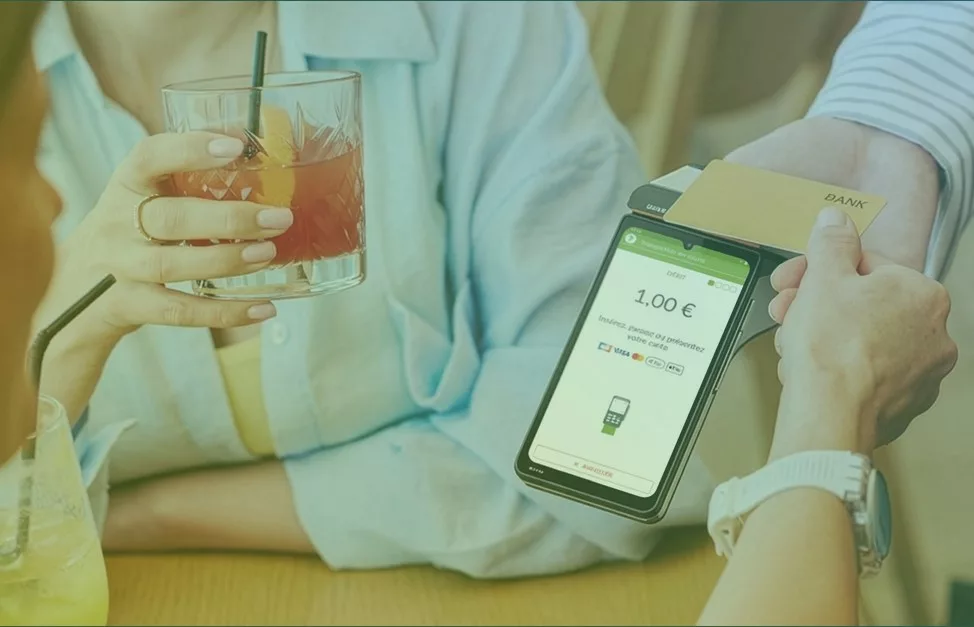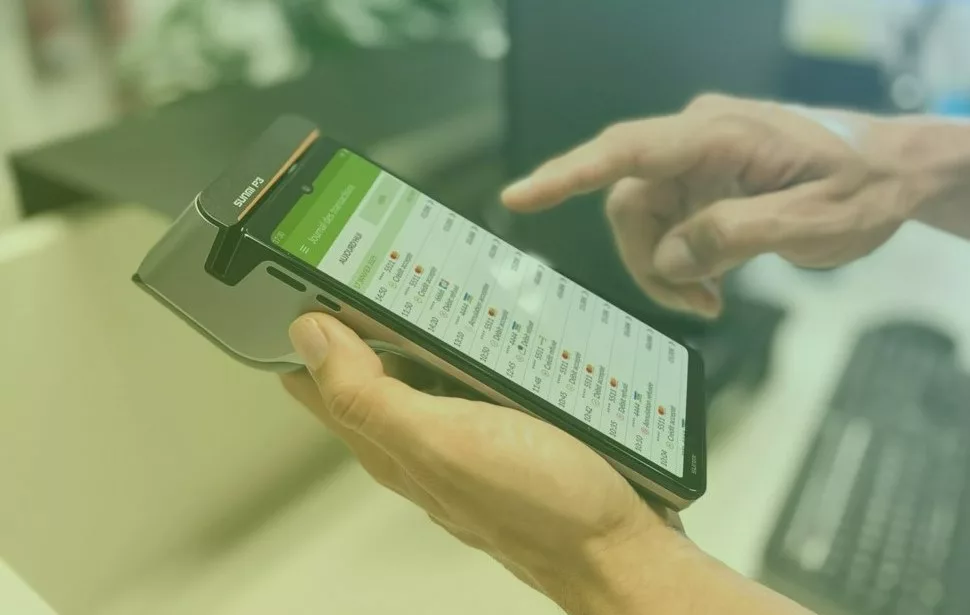If you’ve come this far, you probably have a business. And at this point, however small it may be, it is essential to have a POS terminal. Doing without it would only lead you to accept cash payments, and that, today is less and less common. Therefore, you would not be walking into the future, but taking steps backwards.
Have you thought about the revenue you would be losing by doing without this payment solution? Most users prefer to use their credit or debit card to process their purchase. So, the POS is not a tool you should do without, it should be part of the core of your business to ensure effective payments.
What is it, what is it for and how to use it? Let us tell you!
What is a POS?
Easy. It is a device used in stores and establishments to manage sales, making credit or debit card payments thanks to dataphones. It also allows you to control your inventory. However, the electronic world and user preferences have led us to have new types of POS, such as virtual or mobile, among others. It all depends on their functionalities and we want to tell you what they are.
What types of POS can we find?
Today, your business can enjoy a point-of-sale solution with the best technology without much effort. This is possible thanks to the presence of payment providers that make it possible to optimise high-volume businesses and improve the user experience, whatever the customer journey.
Inevitably, the POS, a single payment system for all businesses, comes into play in this context. Payment solution providers make it easy to set it up while enhancing the customer experience. In short, they enable a quick setup, easy use of the POS, payments on any sales channel and continent, all key payment methods on the market, as well as the most popular ones.
We show you the classification of the POS according to its functionalities and the type of business you have:
- Physical or traditional POS.
The traditional one. It is made up of software and hardware so that customers can purchase a product and pay for it on a physical channel in the store. All you need is for the shop assistant to pass the barcode through the reader, swipe the card and print the receipt. Thus, the purchase would be registered.
Do you have an online store? And do you also have a physical store? You’ll need to synchronise the stock in both of the stores. And for this, the best option is to have a virtual POS. Even if you only have an online version, the virtual POS is very valuable, as it allows eCommerce to accept payments from consumers via credit or debit cards. It deals transactions made through platforms with different payment gateways, it allows payment by card when the data is entered (Visa, Mastercard, American Express), it guarantees security and serves as an intermediary between the online store and the customer. Among its main advantages are:
- Completely online activity.
- You do not need to install any type of programme.
- The charge is received instantly.
- The risk of non-payment is reduced.
- It accepts payments with a large number of cards.
- It’s a very secure process.
- Flexibility in collections.
With the virtual POS, online stores can sell immediately.
- Mobile POS.
It is very useful when you are a freelancer who is constantly on the move to your customers’ homes, where you charge for their purchases. If this is your case, it is best to have a dataphone or GPRS POS, so you can have the mobile hardware you need to operate with a card or register purchases in the software.
- mPOS
It allows businesses to operate in a simple way, being able to receive payments through a mobile device. In this way, the online store accesses with a user and password provided by the corresponding entity. And not only that, but mPOS allows you to register the products associated with the business and simplify sales and orders.
But they are not the only ones, there are also POS Kiosk, Multimedia and Portable. Your choice will depend on the needs and characteristics of your business. We can differentiate between stand-alone POS, which accepts payment transactions and does not communicate with other retail services, and integrated POS, which accepts payment transactions, carries out consolidated sales management, controls stock and has KPIs, among other things.
Why your eCommerce might need a POS
First of all, you should know that the POS goes far beyond those old cash registers and that it is not just a form of payment for the customer. It’s much more than that, it’s a true revenue management system for a business that enables:
- The automation of the delivery of products to the buyer’s home.
- Checking product availability.
- Booking of service sessions on the chosen date and time.
- Easier payment and collection management.
- Multiple credit, debit or virtual cards.
In recent years, the virtual POS is becoming the most demanded solution for e-commerce due to its many advantages and features. It is a system created to offer more value and an improved user experience for the merchant and its customers.
Would you like to spend more time improving your business, have easy-to-use tools to grow, enjoy the latest payment features, keep your online store always up to date with new technologies, experience the same efficiency and quality standards as the world’s leading companies?
The latest POS terminals make all the difference. Tell us your questions.




